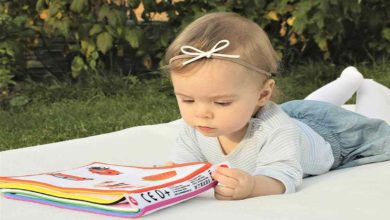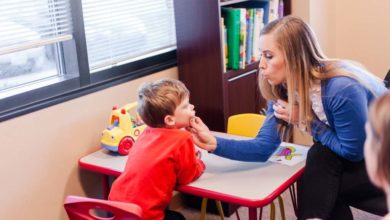How Speech and Language Affect Literacy Skills in Early Childhood – Improving child’s Academic Prowess
How Literacy Skills Can be Improved by Speech-Language Pathologists
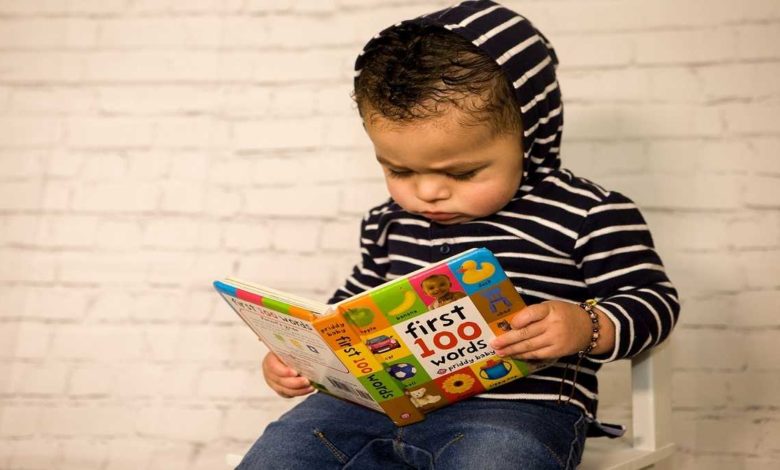
- Types of Literacy Skills
- The Importance of Literacy Skills on a child’s academic performance
- Strategies to Improve Children’s Literacy skills
There are numerous ways how speech and language affect literacy skills. Children who have trouble with the attainment of literacy skills also struggle with speech and language difficulties. Research has shown that kids with language conditions and/or expression disorders oftentimes exhibit difficulties with literacy skills of varying degrees.
literacy skills are skills needed by a child to be effective at writing and reading. As one unwinds to evaluate the correspondence between literacy skills, language, and also articulation, this ought to not be a surprise.
Kids who have trouble accurately producing speech sounds often have problems connecting letters to their sounds, which can cause problems sounding out words when reading and writing.
kids with a language delay or difference also stand a risk for literacy deficits as they may have difficulties comprehending what was read, composing their thoughts in a logical manner, and/or reading words accurately in a fluent manner.
There are several elements shows how Speech and language affect literacy skills – grammar, vocabulary, and comprehension are simply a few to mention.
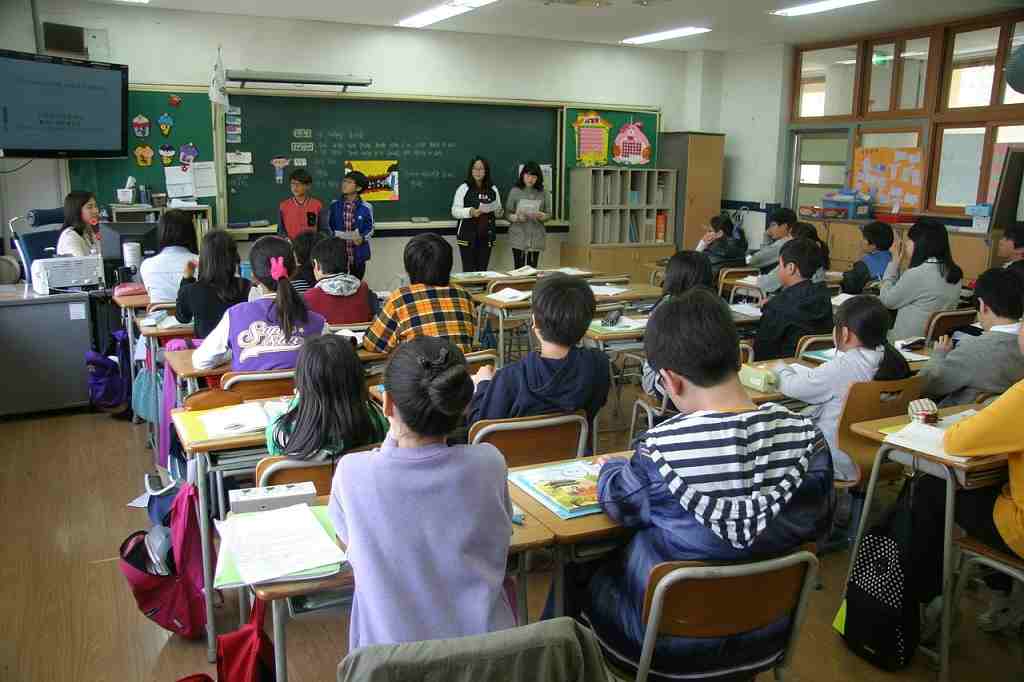
Table of Contents
How Speech and Language affect literacy skills?
A Child’s Literacy can be affected in a number of ways, but a Speech-Language Pathologist can aid in the prevention of reading as well as writing difficulties and identify children who may be at the edge of literacy skills problem. Early recognition and treatment are very important as reading and writing abilities have a big impact on a kid’s academic performance.
SLPs are likewise trained in the execution and interpretation of reading, writing, language, and also articulation assessment procedures.
When analyzing literacy skills, an SLP will examine the kid as a whole. He will certainly first look at the kid’s articulation and also language abilities. Things he look out for are:
- Is the youngster able to make his/her speech sounds appropriate?
- Is the child able to follow directions, recognize words, and understand written and also verbal interaction?
- Can the child express his/her ideas, needs, and ideas in a rational and grammatically correct manner?
- Does the child understand and utilize age-appropriate words based on their meanings?
Top 5 Skills Needed for Childhood Literacy
Adhering to the evaluation of speech sounds and a child’s language, an SLP will certainly examine phonological understanding skills, reading fluency, reading comprehension, and punctuation.
Phonological awareness
Phonological awareness has long been used as a measure to access how speech and language affect literacy skills. Phonological awareness is a kid’s capability to comprehend sounds, then manipulate sounds make different words. Examples of phonological awareness skills that will likely be evaluated during a comprehensive examination include rhyming as well as manipulating (i.e., segmenting, blending, and deleting) sounds, syllables, and words.
Not to get too technical, yet it is interesting to break down the components of the language, most of which we discover without effort by hearing our parents and others around us. It deserves noting to know that words are composed of various sounds besides just consonants and vowels.
A kid’s ability to correspond letters to sounds and sounds to letters will additionally be assessed. Speech-language pathologists also supply treatment, team up with academic personal and also family members, and identify ideal accommodations to promote success regarding literacy skills.
Phonological recognition, memory, and retrieval are added literacy skills that can be dealt with by a Speech-language pathologist.
Reading knowledge

Reading Knowledge is a good indicator that shows how speech and language affect literacy skills. A child with reading knowledge is that child that can read as well as comprehend the meaning of what he reads. The ability to draw conclusions and identify patterns and also clues in a text are some qualities of reading comprehension, other than just being able to read.
A kid can interpret that an individual is expecting rain, or that rain might be a factor in the story some way when for instance, he/she read about an individual that chooses to bring an umbrella to work.
Consequently, if you discovered your kid is having problems comprehending what they read, not able to pick a clue from the read passage. This is where a speech-language pathologist comes to work. An SLP will supply materials needed by your youngster to improve her literacy abilities.
Vocabulary
Vocabulary has long been used to access how speech and language affect literacy skills. Speech language pathologist had successfully worked on children who have difficulties learning to read. There two types of vocabulary most kiddies commonly use (i.e the one they make use of in conversations and the collection of all the words they know)
- The words a child makes use of routinely in speech and writing is an active vocabulary. Words in the active vocabulary are those which an individual can define as well as make use of in context.
- Words a child knows, but whose meaning he might have seen others used or interpreted through context is a passive vocabulary.
Recognition of Print
Exposing kids to publications and various other reading materials from a very young age can boost print awareness. Print awareness should be encouraged in the house and around children’s everyday environment.
Therapeutic strategies of most speech-language pathologists are reading to kids. This will support awareness and familiarize them with letters of the alphabet.
speech-language pathologists encourage kids to pick up print awareness from ecological print, such words found on road indications, cereal boxes and the like. This boosts child literacy skills and guarantees they do not have a hard time when learning to read.
Strategies that Improves Children’s Literacy Skills at Home
Bear in mind, early intervention is crucial to ensure your kid fulfills his/her greatest potential. Below are 5 fun strategies you can implement to enhance kid’s literacy skills at home.
1. Continue Reading.
I cannot stress enough the value of reading to your kid from a very early age. Reading helps in the development of language, vocabulary, alphabet awareness (letters and their sound), and far more. While reading to your kid, point to and label objects in images. Ask questions concerning the story and photos. Inspire your kid to be an active participant in the shared experience.
2. Key into Opportunities that encourage reading and writing
Make use of all reading and also writing opportunities around your environments – like Grocery list, street signs, sports programs, etc.
3. Buy publications with Rhyme
Read books that rhyme, and emphasize the rhyming words. Examples of publications that rhyme includes: Brown Bear, Brown Bear by Bill Martin Jr.
4. Recognize letter-sound correspondence.
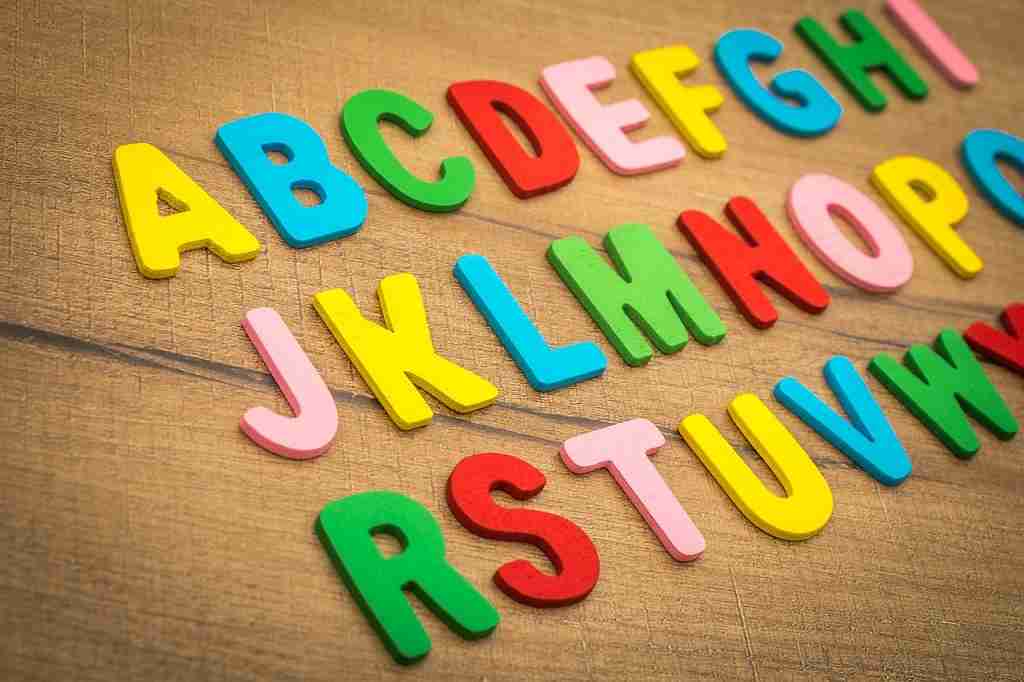
Point out letters in a child’s environment or while reading publications. Inform the kid what the letter is as well as what sound/sounds the letter makes. Comply with up by asking “What sound does the letter ‘a’ make?”.
5. Make letters out of playdough.
You can make use of cookie cutters or form the letters with your hands. Make sure to discuss each letter as well as connect the sound/sounds that the letter makes.
Bottom Line
How speech and language affect literacy skills can impact on how early a kid develops reading and writing skills. It can be influenced by factors such as vision and hearing impairments. It is essential to look for indications that your baby isn’t affected with speech and language disabilities, to be sure she gets whatever help she might need to succeed.
If you have concerns concerning your child’s literacy skills, share your worries at the comment area below for free consultations.


